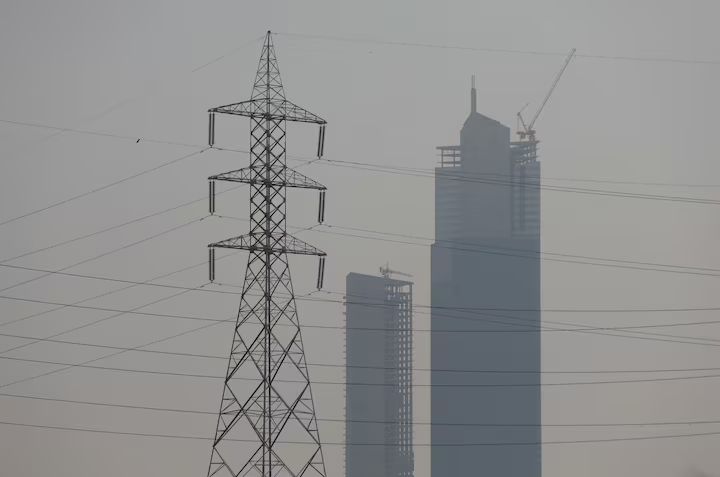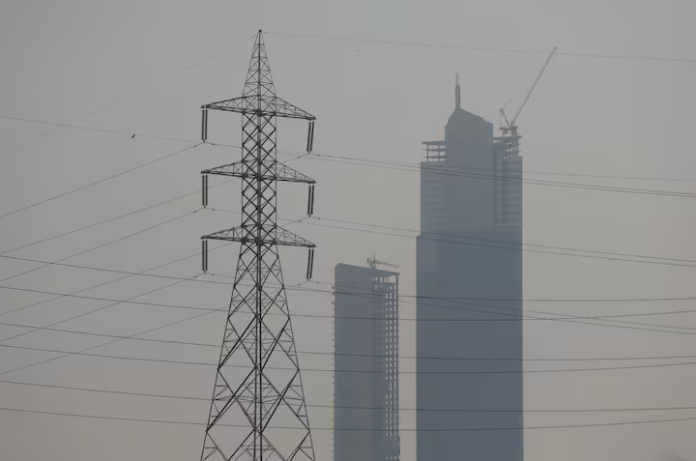In a bold move toward digital innovation and economic transformation, Pakistan has officially allocated 2,000 megawatts (MW) of electricity to power Bitcoin mining operations and artificial intelligence (AI) data centers. This marks the first phase of a national initiative aimed at monetizing surplus electricity while attracting foreign investment and creating high-tech jobs.
The announcement, made by Pakistan’s Ministry of Finance on Sunday, is part of a wider strategy to tackle one of the country’s pressing economic challenges—excess electricity generation.
Over the years, Pakistan has faced rising energy costs, contractual obligations to power producers, and an oversupply of electricity that has remained underutilized. With consumers increasingly adopting solar energy to escape soaring tariffs, the government sees crypto and AI as new frontiers for energy use and economic development.
The initiative is being led by the Pakistan Crypto Council (PCC), a government-backed body focused on integrating digital technologies into the country’s economic landscape. According to the Ministry, this project aims to position Pakistan as a hub for digital infrastructure, while providing a lifeline to its ailing power sector.
“This is just the beginning,” a Finance Ministry spokesperson said. “We’re embarking on a phased rollout to power digital transformation. Bitcoin mining and AI data processing are energy-intensive but highly lucrative fields that can help us build a future-proof economy.”
Bitcoin mining, in particular, requires massive computing power and constant electricity supply to validate transactions and secure the blockchain. Similarly, AI data centers process and store enormous volumes of data, necessitating uninterrupted and scalable power. By allocating 2,000 MW to these sectors, Pakistan hopes to attract global tech firms, especially those looking for cost-effective, energy-rich destinations for expansion.
This move comes at a time when many countries are tightening regulations around cryptocurrency mining due to environmental and energy concerns. However, Pakistan sees its energy surplus as an opportunity rather than a liability. By converting what was once a problem into a strategic advantage, the country is hoping to turn heads in both the global crypto community and the AI industry.

Still, challenges remain. Critics warn about potential regulatory, environmental, and financial pitfalls. Pakistan’s power infrastructure, often plagued by outages and inefficiencies, must be significantly modernized to support such ambitious digital goals. Moreover, transparency and effective oversight will be crucial in ensuring that the benefits are widespread and not monopolized by a few players.
Despite these hurdles, the government remains optimistic. With phase one now underway, officials suggest more electricity could be diverted to digital uses in future stages, depending on the success of this initial rollout.
As the world watches closely, Pakistan’s pivot to crypto and AI could redefine its economic trajectory—and perhaps serve as a model for other energy-surplus nations looking for smart solutions in the digital age.



